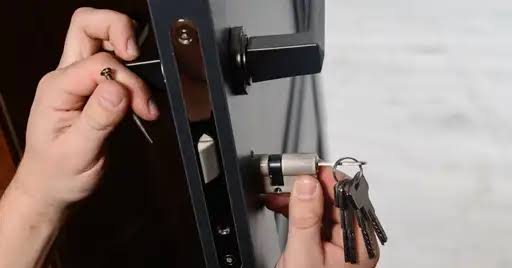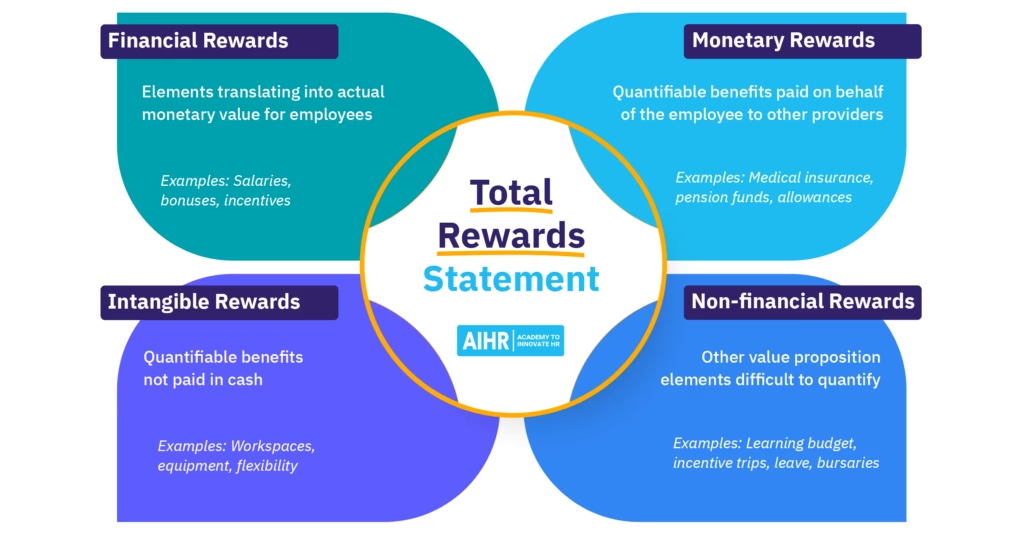Introduction
Lock security is a critical aspect of keeping our homes and businesses safe. Whether you’ve just moved into a new place, lost your keys, or want to upgrade your security, understanding your options for securing your property is essential. In this article, we’ll dive into the process of rekeying and lock replacement, helping you decide which is best for your situation. Both options have their own sets of benefits and drawbacks, and knowing these can save you time, effort, and money. Let’s explore these choices together with insights from a locksmith Burbank.
Rekeying
What is Rekeying?
Rekeying is a process that changes the internal pins in a lock, rendering old keys useless while allowing a new set of keys to work. This means you don’t have to replace the entire lock—just the key mechanism inside. Rekeying is an excellent option if you’re concerned about someone else having a copy of your key.
Process of Rekeying
The rekeying process involves a residential locksmith or commercial locksmith taking apart the lock cylinder and changing the pins inside. Each pin corresponds to a specific key, so by adjusting these pins, a new key can be created to fit the lock. This process can be done relatively quickly, and in most cases, the locksmith can complete it on-site.
Here’s a step-by-step breakdown of the rekeying process:
- Removing the Lock Cylinder: The locksmith starts by removing the lock from the door. This typically involves unscrewing the lock and carefully taking out the lock cylinder.
- Disassembling the Lock Cylinder: Once the cylinder is out, the locksmith will disassemble it to access the pins inside.
- Replacing the Pins: The locksmith will then replace the old pins with new ones that match the new key. Each pin height corresponds to the cuts on the new key.
- Reassembling the Lock: After the pins are replaced, the locksmith reassembles the lock cylinder and reinstalls it in the door.
- Testing the New Key: Finally, the locksmith tests the new key to ensure it operates smoothly.
Advantages and Disadvantages
Rekeying has several advantages:
- It’s often quicker and cheaper than replacing the entire lock.
- You can maintain the same style and brand of locks if you prefer a uniform look.
- It’s an effective way to improve security if you’re concerned about someone having an old key.
However, there are some disadvantages:
- Rekeying doesn’t upgrade the physical security of the lock itself.
- If the lock is old or damaged, rekeying won’t fix these underlying issues.
- The process might be less effective if the existing locks are of low quality or compromised.
Lock Replacement
What is Lock Replacement?
Lock replacement involves removing the entire lock and installing a new one. This option is ideal if your locks are outdated, or damaged, or if you want to upgrade to a more secure system. Lock replacement gives you the opportunity to choose from a variety of lock types and technologies, enhancing your overall security.
Process of Replacing Locks
The process of replacing locks typically starts with selecting the right type of lock for your needs. A locksmith in Burbank can guide you through the options available, from basic deadbolts to advanced smart locks. Once you’ve chosen your new lock, the locksmith will remove the old lock, install the new one, and ensure everything is working correctly.
Here’s a detailed look at the steps involved in replacing locks:
- Choosing the New Lock: The first step is selecting the appropriate lock based on your security needs and preferences. This could be a standard deadbolt, a high-security lock, or even a smart lock.
- Removing the Old Lock: The locksmith will unscrew and take out the old lock from your door.
- Preparing the Door: Sometimes, adjustments need to be made to the door to fit the new lock, especially if the new lock is a different size or type.
- Installing the New Lock: The locksmith will then install the new lock, ensuring it fits securely and operates smoothly.
- Testing the New Lock: Finally, the locksmith will test the new lock with the provided keys to ensure it works perfectly.
Advantages and Disadvantages
The advantages of lock replacement include:
- Upgrading to more secure or modern locks.
- Addressing any wear and tear or damage to the existing lock.
- Enhancing the aesthetic appeal of your doors with new hardware.
The disadvantages can be:
- It is generally more expensive and time-consuming than rekeying.
- Finding the right lock to match your door and needs can sometimes be challenging.
- Installation might require modifications to your door, adding to the complexity and cost.
Cost Comparison
When comparing the costs of rekeying versus replacing locks, it’s important to consider both the short-term and long-term expenses. Rekeying is usually less expensive upfront because it involves fewer parts and less labor. However, if your locks are old or of poor quality, you might end up paying more in the long run due to repeated rekeying or potential security breaches. Lock replacement, while more costly initially, can provide better security and durability, possibly saving you money over time.
Rekeying Costs: The cost of rekeying typically includes the service fee for the locksmith and the cost of new keys. This can vary depending on the number of locks you need to be rekeyed.
Lock Replacement Costs: The cost of replacing a lock includes the price of the new lock and the labor cost for installation. Higher security locks or smart locks tend to be more expensive but offer enhanced security features.
Scenarios for Each Option
When to Rekey
Rekeying is an excellent option in several scenarios:
- If you’ve lost your keys or they’ve been stolen.
- When moving into a new home or business.
- If you want to prevent former tenants or employees from accessing your property.
- When you want to unify multiple locks use a single key.
- If you’re on a tight budget and need a quick security solution.
When to Replace
Consider replacing your locks in these situations:
- If your locks are old, worn out, or damaged.
- When you want to upgrade to a more secure lock system.
- If you prefer the latest technology, such as smart locks or keyless entry systems.
- When aesthetic improvements to your door hardware are desired.
- If you’re experiencing frequent lock malfunctions or break-ins.
DIY vs. Professional Services
Pros and Cons of DIY
Some homeowners and business owners might consider tackling rekeying or lock replacement on their own. While DIY can save money, it’s not without risks:
- You might not have the right tools or expertise, leading to improper installation.
- Mistakes can compromise your security.
- DIY rekeying kits might not be compatible with all lock brands.
Importance of Professional Locksmith Services
Hiring professional residential locksmith services or commercial locksmith services has many benefits:
- Ensures the job is done correctly and efficiently.
- Professional locksmiths have the right tools and expertise.
- You gain peace of mind knowing your property is secure.
In case of urgent needs, emergency locksmith services and 24-hour locksmith service are available, providing immediate assistance when you’re locked out or need urgent rekeying or lock replacement.
Conclusion
Both rekeying and lock replacement offer valuable solutions for improving your security, and the best choice depends on your specific needs and circumstances. If you’re in Burbank and unsure which option is right for you, consider consulting with a locksmith in Burbank like Prime Locksmith. Whether you need rekeying, lock replacement, or other locksmith services in Burbank, professionals can provide the guidance and expertise you need to make an informed decision.
Frequently Asked Questions
What is rekeying and how does it work?
Rekeying involves changing the internal pins of a lock so that a new key works while the old one no longer does. A locksmith adjusts these pins to match a new key configuration.
When should I consider rekeying my locks?
You should consider rekeying if you’ve lost your keys, moved into a new property, or want to prevent someone with an old key from accessing your property.
What are the benefits of replacing my locks?
Replacing locks allows you to upgrade to more secure or modern systems, address damaged or worn locks, and improve the aesthetic appeal of your doors.
Is it cheaper to rekey or replace locks?
Generally, rekeying is cheaper upfront than replacing locks. However, replacing locks can offer better long-term security and durability.
Can I rekey or replace the locks myself?
While DIY is an option, it carries risks such as improper installation and compatibility issues. Hiring a professional locksmith ensures the job is done correctly.
What services do professional locksmiths offer?
Professional locksmiths offer a range of services, including rekeying, lock replacement, emergency lockout assistance, and security upgrades for both residential and commercial properties.
How do I choose between rekeying and replacing my locks?
Consider rekeying if your locks are in good condition and you want a quick, cost-effective solution. Opt for replacing locks if your current ones are old, or damaged, or if you want to upgrade to better security systems. Consulting with a professional locksmith can help you make the best decision.






